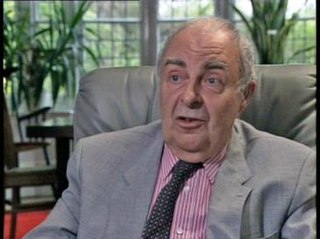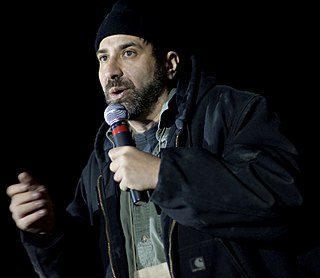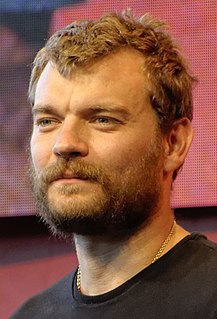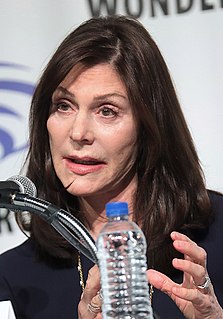A Quote by Neal Brennan
The story of '3 Mics' is the story of a guy who wants to be something and is sort of figuring out how he gets there.
Related Quotes
In the thousands of stories I've collected over the years there are people who just want to know that their story matters, that their story isn't beyond hope. And people, no matter how broken a story I might read, I have always found at least a glimpse of God's hand still at work in each and every story. I have been powerfully reminded that God is in the junkyard business. He willingly walks into the messiest parts of our lives, gets his hands dirty, and begins building something beautiful out of that very thing which the world might overlook as worthless.
And the moral of the story is that you don't remember what happened. What you remember becomes what happened. And the second moral of the story, if a story can have multiple morals, is that Dumpers are not inherently worse than Dumpees - breaking up isn't something that gets done to you; it's something that happens with you.
Whether you're an entrepreneur, a small business, or a Fortune 500 company, great marketing is all about telling your story in such a way that it compels people to buy what you are selling. That's a constant. What's always in flux, especially in this noisy, mobile world, is how, when, and where the story gets told, and even who gets to tell all of it.
I did a film called 'Worlds Apart' about a Jehovah's Witness. I was the love interest - the male lead - but the story was about the female lead, a young girl who is a part of this cult, and she wants to break out. She meets a guy who has to help her. She has to find out who she is. It's more like a coming of age story.
Literature is an aspect of story and story is all that exists to make sense of reality. War is a story. Now you begin to see how powerful story is because it informs our worldview and our every action, our every justification is a story. So how can story not be truly transformative? I've seen it happen in real ways, not in sentimental ways or in the jargon of New Age liberal ideology.
I've had to try and find a way over the years of writing narratively that doesn't really require you to sit down and work out what the story's about. You're brought into a sort of sequence of images that have that emotional resonance, but it's kind of irrelevant what the actual story is. It's taken me maybe 13 albums or something to work that out.


































